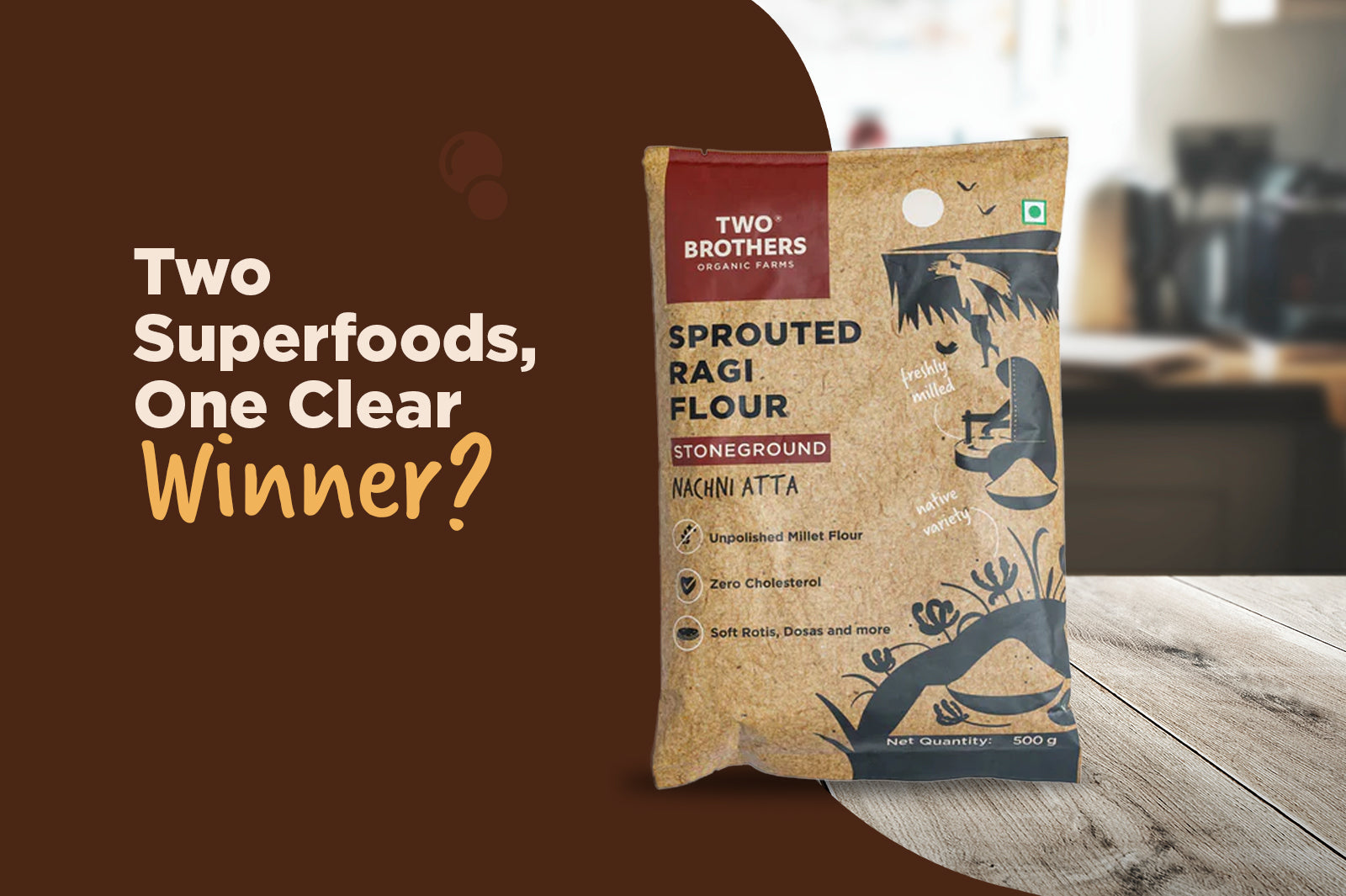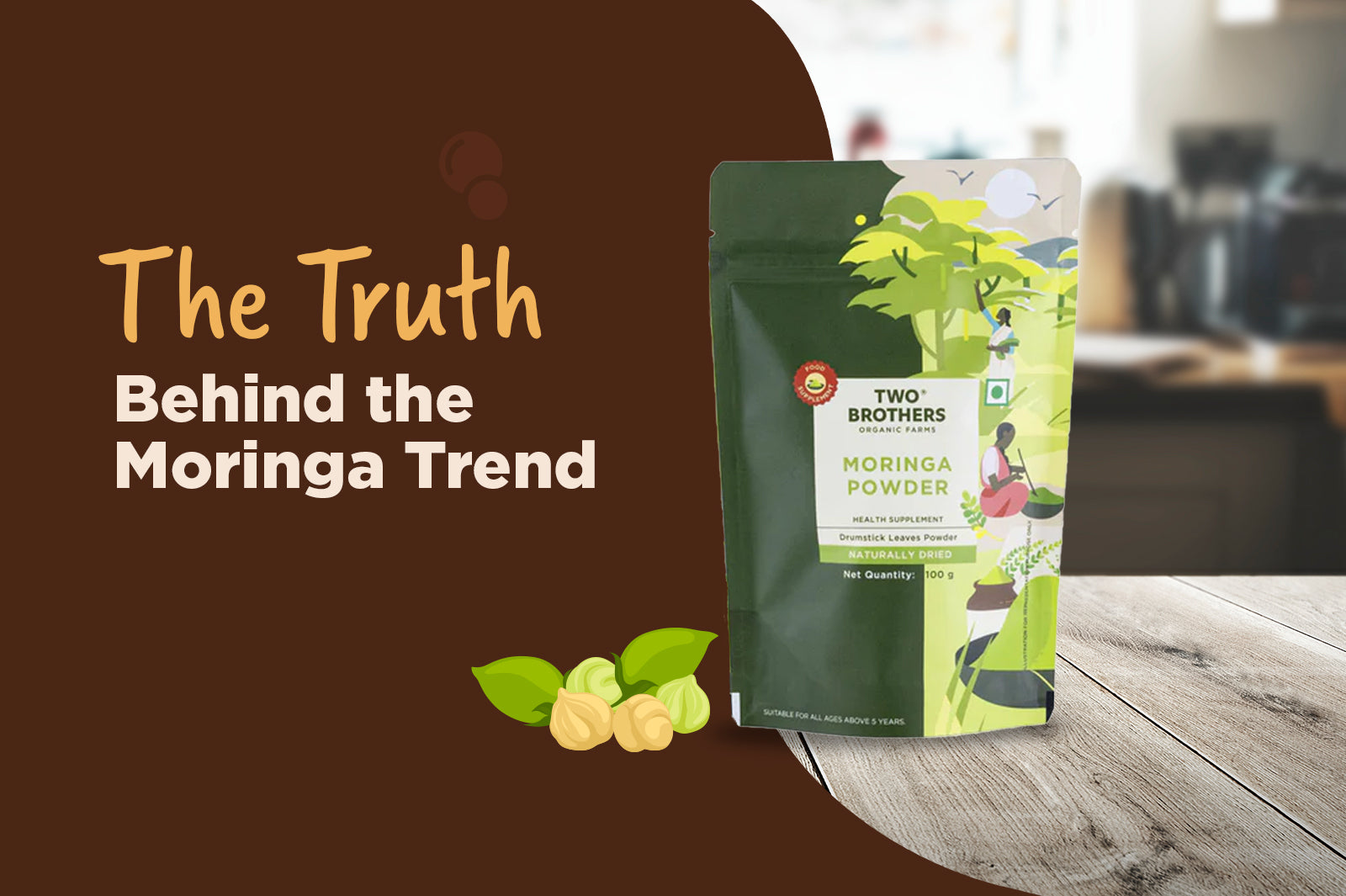In recent years, cold-pressed oils have soared in popularity, especially in health-conscious markets. Consumers now often choose these oils over refined alternatives, believing they're more natural, healthier, and better tasting. The term "cold-pressed" sounds pure—implying that no heat or harsh chemicals were used during extraction, preserving all the original nutrients and flavor. But beneath this surface lies a growing concern: cold-pressed oil scams and cooking oil scams in India are on the rise, misleading many of us with deceptive labels and low-quality blends.
The Rise of Cold-Pressed Oils in Health Trends
Influencers and wellness experts frequently recommend cold-pressed oil in India for its fatty acids, antioxidants, and minimal processing. From sesame and coconut to almond and olive, people consider these oils essential for healthy cooking, skincare, and even boosting immunity. According to market analysts, the global market for best cold-pressed oil is projected to top $10 billion by 2025.
Why Many Consumers Trust These Oils as Pure and Healthy
The trust largely comes from branding and labeling. Packaging buzzwords such as “100% pure,” “organic,” or “extra virgin” create a perception of premium quality. Add glossy images of nuts, seeds, and traditional extraction methods, and the product appears wholesome. This trust is valuable—but it can easily be manipulated.
Hidden Risks: Scams and Misleading Labels
Reports and studies show alarming results: more than 60% of tested cold-pressed oils contain synthetic additives, diluted blends, or incorrect origin claims. These aren't just consumer disappointments—they represent serious health concerns for those who rely on these oils daily.
What You’ll Learn
In this article, we’ll help you:
-
Define what cold-pressed oil is and why it matters.
-
Explore real-world case studies of deceptive branding.
-
Walk through expert tips on how to spot fake cold-pressed oils.
-
Highlight criteria to ensure you really get the best oils for health.
Cold-Pressed Oil Scams: Are You Being Misled?
Cold-pressed oils should be a healthy upgrade. But when the label lies, that upgrade turns into a downgrade. Below are the most common scams:
-
Fake Claims: Oils labeled “100% cold-pressed” might actually be blends.
-
Adulteration: Cheap oils like soybean or palm are mixed to cut costs.
-
Misleading Origins: Labels claim Italy, California, or Kerala origins while the oil comes from somewhere else.
Studies found that nearly 40% of cold-pressed oils had some degree of adulteration. Unfortunately, unscrupulous brands can sell bulk at premium prices, making this more than just a labelling problem—it’s a growing industry issue.
Understanding Cold-Pressed Oil
What is Cold-Pressed Oil?
Cold-pressed oils are extracted by mechanically pressing seeds, nuts, or fruits without external heat or chemicals. The temperature normally stays below 120°F (50°C), which helps retain vitamins, antioxidants, and precious fatty acids.
Extraction Method Without Heat or Chemicals
This method separates oil through pressure alone. Unlike solvent extraction or high-heat refining, cold pressing preserves nutrients like vitamin E, omega fats, and polyphenols. These compounds are prized for their potential to improve heart health, cholesterol levels, and general wellbeing.
Common Types of Cold-Pressed Oils
-
Sesame oil: Rich in antioxidants, used for both cooking and skincare.
-
Coconut oil: Known for MCTs and antimicrobial benefits.
-
Olive oil: Especially extra-virgin, celebrated for heart health.
-
Almond oil: Mild flavor, valuable in salads and cosmetics.
Yet not all cold-pressed oils are equal—processing methods, seed quality, and storage determine the final product's purity and nutritional value.
Why It’s Popular
Touted Benefits for Health and Skin
People choose cold-pressed oils because they’re battleground-tested for cardiovascular health, skin hydration, and nutrient retention. The absence of refining or bleaching enhances their appeal.
Perceived Purity and Organic Origin
Consumers often assume cold-pressed oils are automatically organic and ethical, though that’s not always true. Low-cost brands can mimic premium packaging to give a false impression of quality.
Market Growth
The best cold-pressed oil segment is growing rapidly, with millions fueling the organic, health-food wave. Yet alongside genuine products, opportunists slip in cheap imitations labeled with glowing claims.
Common Cold-Pressed Oil Scams
Fake Labels and Misleading Marketing
Words like cold-pressed, 100% natural, or “unrefined” may sound impressive, but the reality behind them can be suspicious. Some brands exploit these terms to hide:
-
Chemical flavor enhancers
-
Bleaching agents
-
Refined oils masked as cold-pressed
One shocking case involved a well-known brand claiming to produce cold-pressed sesame oil while actually using high-heat extraction to cut costs. Tests revealed traces of hexane, a solvent typically banned in food production.
Dilution and Adulteration
Some manufacturers dilute pure cold-pressed oil with cheaper oils—soybean, palm, or even used cooking oil—to boost profit margins. They market the blend as pure with just a minor “enhancement” of cold-pressed oil.
In one lab analysis, almost 40% of oils tested in India were found to contain adulterants. Consumers end up paying more for less—both financially and nutritionally.
Misrepresentation of Origin and Quality
Countries like Italy, Greece, and California are known for premium oils. Some manufacturers masquerade oils from low-cost origins behind labels like “Italy-superior” or “Mediterranean-sourced”.
A notable scandal involved an oil labeled as Italian cold-pressed olive oil, which was traced back to cheaper sources in North Africa. The oil lacked authenticity and was chemically bleached to mimic color and flavor.
How to Spot a Fake Cold-Pressed Oil
Check the Label Carefully
-
Look for sealed certifications (USDA Organic, India Organic) and verifiable cold-pressed seals.
-
Inspect the ingredient list. It should list only one item (e.g. Sesame Oil) with no additives.
-
Watch out for vague terms like “natural flavor” or “refined” in disguise.
Verify the Source
-
Buy from reputable brands with transparent sourcing practices.
-
If you’re shopping online, research the brand, read reviews, and look for brand transparency.
-
Ask the company about their sourcing and extraction processes.
Evaluate the Price
-
If the price is strikingly low—compared to market standards—it could be a red flag. Genuine cold-pressed oil must be processed carefully and stored properly, which costs more.
-
Always compare prices with other trusted brands; genuine cold-pressed oil will be priced reflectively.
Why Choose Our Cold-Pressed Oils
At Two Brothers Organic Farms, we stand by our oils with these assurances:
-
100% wood-pressed: Our oils are made using age-old stone presses with no heat or chemicals.
-
Farm-to-bottle transparency: Each bottle lists its extraction date, origin, and method.
-
Certified organic and non-GMO: One glance at our Cold-Pressed Oil in India label confirms authenticity.
-
Ethical sourcing: We directly support small-scale farmers and ensure traceability.
Explore Our Products
Our range includes:
-
Sesame Oil: Nutty and nutrient-rich.
-
Almond Oil: Subtle and skin-friendly.
-
Coconut Oil: Freshly pressed from organic coconut kernels.
-
Olive Oil: If available in cold-pressed form (subject to season).
All products are available for buy cold-pressed oil online at our store. Trust only wood-pressed, small-batch oils like ours to deliver real nutrition without compromise.
FAQs
Q1: How can I verify if the oil I have is truly cold-pressed?
Look for official certifications, verification seals, and transparent labels. Check the ingredient list—only oil should be listed. Finally, taste and smell the oil: cold-pressed variants retain a distinct natural fragrance and deep color.
Q2: What’s wrong with refined or blended oils?
Refined oils undergo heating, bleaching, and deodorizing, which strip nutrients and form unhealthy compounds. Adulterated blends often mix in cheap oils that lack nutritional value and may pose health risks.
Q3: Is cold-pressed oil safe for cooking at high temperatures?
Some oils—like sesame or almond—have moderate smoke points. While they’re great for light sautéing or finishing your dishes, it’s best to avoid high-heat cooking. Coconut oil (unrefined) is better suited for higher temperatures.
Q4: Do cold-pressed oils actually help with health?
Yes—when genuine and properly stored. They retain vitamins, antioxidants, and plant-based nutrients often lost in refined oils. Studies link them to improved cholesterol levels, skin health, and antioxidant benefits.
Q5: Why is cold-pressed oil pricier?
To maintain purity, producers must carefully manage extraction, storage, and warehousing. This translates to higher stress on labor, equipment, and quality checks—all reflected in price.
Conclusion
If you care about your health—and that of your family—a little knowledge about cold-pressed oil scams can go a long way. Being misled into buying adulterated or refined oils disguised as cold-pressed doesn’t just waste money—it deprives you of genuine nutrients.
But amidst the clutter, genuine cold-pressed oil that’s true to its promise does exist. Choose brands that are transparent about sourcing and extraction. Look for certification seals. Buy from trusted sources. Read labels meticulously. Avoid smoke-and-mirrors marketing claims.
At Two Brothers Organic Farms, we deliver what we promise: pure, wood-pressed, organic oils that nourish. You can confidently choose the best cold-pressed oil and make a real investment in your health—no scams, no compromises.














